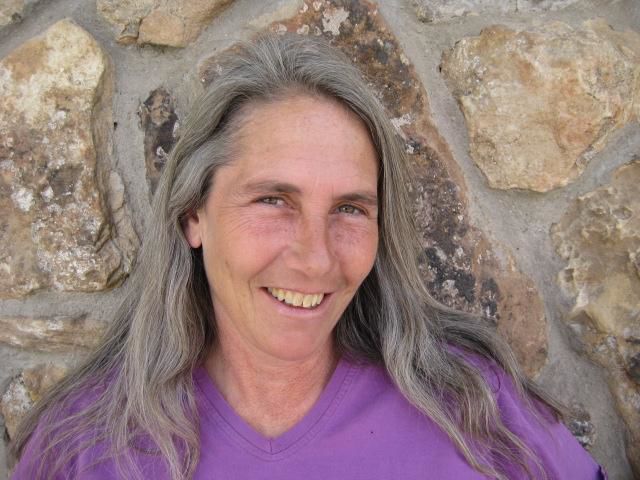Some information may be outdated.
Imagine if someone handed you a big, fat, juicy savings account with a healthy balance. Now imagine what would happen if you only ever made withdrawals from the account.
That is essentially what we are doing to our shared planet.
We have taken the gift of our gorgeous, wild and life-sustaining home and stripped it of half of its forests, polluted the air and waterways that nourish life and put so much plastic in the environment that it permeates our very bodies. We are sending species into extinction at a pace heretofore unknown. We are, with increasing rapidity, making our planet uninhabitable.
But the awareness of challenges is a vital step toward putting things right.
Recycling is one of many actions we can take to make deposits into our Earth savings account. It is the building block for other positive actions.
It seems simple enough – we purchase items that come in plastic and glass containers. Mounds of paper products and cereal box cardboard pass through our hands regularly. These fibers and containers can be used to make new products. That saves energy, creates jobs, preserves pristine areas, and extends the life of a landfill. Recycling also lowers air and water pollution. Sounds good, doesn’t it?
Unfortunately, we are drowning in “plenty” in the United States. We have been hard-wired to pay closer attention to the side of the equation that deals with purchases, but a great deal less about the value of recycling and the honor of being able to recycle in support of the earth’s vital systems.
Let’s zoom in on Moab, and look at the recycling situation here.
Right now, there are two choices for recycling in Moab. Residents can contract with the waste hauler and have your recyclables collected much the same way trash is – everything scrambled up together, compacted in a truck, and then trucked out of town to be unscrambled by robots in a massive sorting facility. With this method, much of the material ends up in a landfill. The reason? The fibers get soiled by all the liquids left in containers, rendering it unsellable in the USA. Undesirable plastics (those labeled #3 to #7) are also often sent to landfills. There are viable markets for #1, #2, and #5 plastics in the USA, but other types of plastics are shipped to global markets.
As we collectively seek better alternatives to using plastics labeled #3, #4, #6 and #7, Moab Solutions advises that residents simply throw these plastics away. The carbon footprint involved in hauling these valueless items to a distant sorting center is not worth it.
My favorite choice is recycling with our Community Recycle Center.
Almost 29 years ago, some very dedicated people got together and created Canyonlands Community Recycling. CCR predated the formation of the Solid Waste District, which formed in 1993. CCR ran the recycling center until 2010 when the Solid Waste District took over the management. The Solid Waste District currently runs the Community Recycling Center, as well as the Moab and Klondike landfills.
The recycling center collects materials in what is known as a “source-separated” method. That means that all similar material types are sorted together – aluminum cans with other aluminum cans, newspaper with other newspaper, #1 plastic bottles with other #1 plastic bottles, and so on. This produces a very clean, highly sought after, and in normal markets, material that recyclers can be well compensated for. Currently, markets are depressed but I believe they will rebound.
The center collects #1 plastic bottles, both #2 plastics, (milk jugs/laundry soap containers), aluminum cans, steel cans, all colors glass, office paper, (including shredded), newspaper, mixed fiber paper, (magazines, softbacks, toilet paper and paper towel rolls, etc.) and corrugated cardboard. They also host an expanded monthly e-waste drive.
The Community Recycle Center can now certify that all items remain within the USA for processing. Most of the material stays in Utah or the western states, while the cardboard is shipped to a mill in Oregon. Keeping materials close by and in the USA is great for reducing our carbon footprint even further.
Moab Solutions has had a long-standing offer to show you how much fun it can be to get your items to our Community Recycle Center. I hope that you’ll reach out and call us at 435-401-4685 for details.
Sara Melnicoff is the founder and executive director of Moab Solutions, whose mission is to reduce and eliminate the waste of materials and human potential while nurturing the well-being of the natural world. Learn more at www.moab-solutions.org
Appreciate the coverage? Help keep local news alive.
Chip in to support the Moab Sun News.



